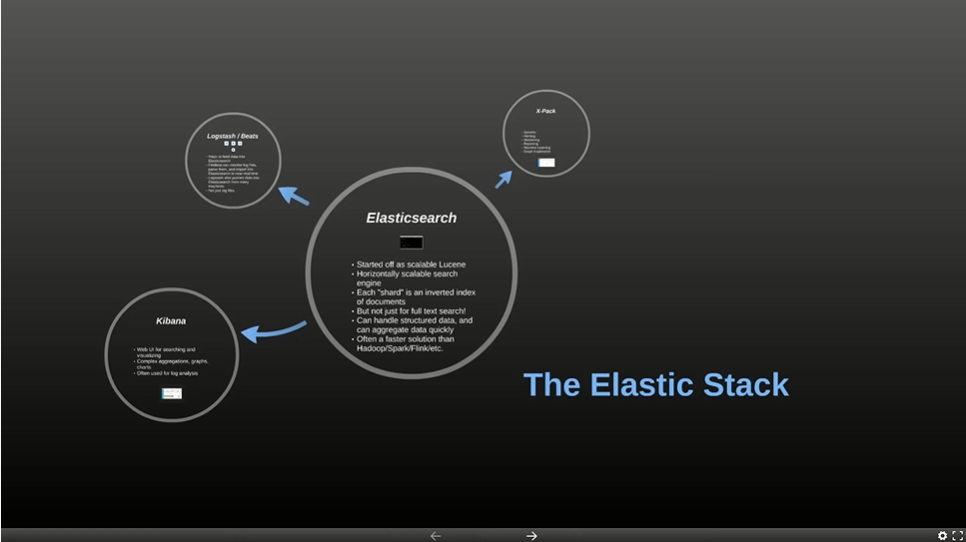Managed Elasticsearch Hosting
Choose the Elasticsearch Hosting Plans
One-click upgrade or downgrade cloud hosting plans for Elasticsearch to fit your business needs.
 $1.67/month
$1.67/month- 2 CPU Cores
- 2GB Memory
- 60GB SSD Disk
- 60GB SATA Backup Storage
- Monthly : $6.99/month
- Semi-Annually : $6.49/month
- Annually : $5.99/month
- Biennially : $4.99/month
- Unmetered Bandwidth
- Twice per Month Backup
- On-Demand Backup
- Unlimited Databases
- 24/7 Technical Support
 $3.12/month
$3.12/month- 3 CPU Cores
- 4GB Memory
- 100GB SSD Disk
- 100GB SATA Backup Storage
- Monthly : $12.99/month
- Semi-Annually : $11.99/month
- Annually : $10.99/month
- Biennially : $8.99/month
- Unmetered Bandwidth
- Twice per Month Backup
- On-Demand Backup
- Unlimited Databases
- 24/7 Technical Support
 $5.75/month
$5.75/month- 4 CPU Cores
- 8GB Memory
- 160GB SSD Disk
- 160GB SATA Backup Storage
- Monthly : $23.99/month
- Semi-Annually : $17.99/month
- Annually : $15.59/month
- Biennially : $13.19/month
- Unmetered Bandwidth
- Weekly Backup
- On-Demand Backup
- Unlimited Databases
- 24/7 Technical Support
 $10.62/month
$10.62/month- 6 CPU Cores
- 16GB Memory
- 240GB SSD Disk
- 240GB SATA Backup Storage
- Monthly : $43.99/month
- Semi-Annually : $32.99/month
- Annually : $28.59/month
- Biennially : $21.99/month
- Unmetered Bandwidth
- Weekly Backup
- On-Demand Backup
- Unlimited Databases
- 24/7 Technical Support
Features of all elasticsearch hosting plans
Platform Features
Orchestrator | Kubernetes | |
Operating System for Managed Elasticsearch | Ubuntu 18.04 / 20.04 LTS | |
Container Runtime | Docker | |
SSL Connection for Elasticsearch on Kubernetes | ||
Instance for Elasticsearch on Kubernetes | Dedicated |
Support Features
Management Features
Optional Addons
Technical Questions about Cloud Hosting for Elasticsearch
Advantages of elasticsearch Hosting

Built on top of Lucene, Elasticsearch is able to execute complex queries in parallel, quickly finding the best matches for your full-text searches from large data sets.

Elasticsearch uses schema-free JSON documents and relies on the flexible data models to build and update visitor profiles to meet the demanding workloads and low latency required for real-time engagement.

Elasticsearch works with ingestion tools such as Kibana to generate reports and visualize your data. These capabilities along with a short learning curve, allow you to quickly start working on use cases.

It is quite easy for developers to integrate with Elasticsearch because it has client libraries for many programming languages, including Java, JavaScript, PHP, Python, Go, and many more.

You can host multiple indexes on one Elasticsearch installation – node or cluster. Each index can have multiple “types”, which are essentially completely different indexes.

Elasticsearch supports auto-completion functionality that helps guide users to relevant documents as they type.
Get Started with Elasticsearch in Minutes
Managed Elasticsearch Hosting on Kubernetes Cloud
Cloud hosting enables applications and websites to be accessed using cloud resources. Unlike traditional hosting, the solution is not deployed on a single server. On the contrary, a network composed of connected virtual and physical cloud servers carries applications or websites, ensuring greater flexibility and scalability. The cloud Elasticsearch hosting platform is a cluster of powerful servers that tolerates a single point of hardware failures and increases loads, guaranteeing a high uptime.


